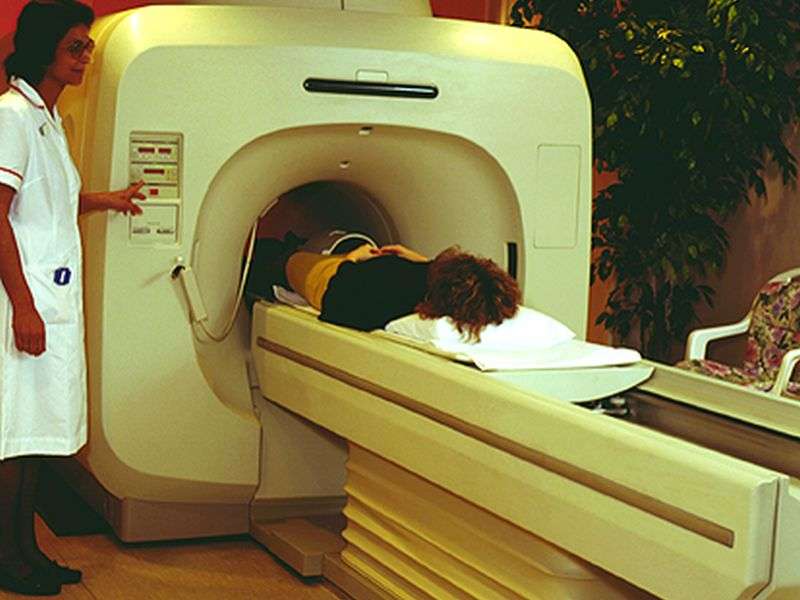(HealthDay)—For pediatric patients, passive and active decision support tools can reduce unnecessary computed tomography (CT) imaging among pediatric patients undergoing workup for appendicitis, according to a study published online Aug. 23 in Pediatrics.
Holly Depinet, M.D., M.P.H., from the Cincinnati Children's Hospital Medical Center, and colleagues used an interrupted time series trial to compare the proportion of patients who underwent diagnostic imaging between three time periods: baseline historical controls; after passive diffusion of a diagnostic workup clinical pathway; and after introduction of a clinical decision support tool embedded in the electronic medical record that provides point-of-care imaging recommendations. Participants were children undergoing workup for appendicitis.
The researchers found that lower proportions of CT were used in the passive and active intervention time periods compared with the historical care group among moderate- and high-risk groups. In all three risk groups, the proportions of patients undergoing ultrasound increased from the historical baseline. Time trends were confirmed as not being significant within any individual time period; incidental secular trends over time did not account for the decreased use of CT.
"Passive and active decision support tools minimized unnecessary CT imaging; long-term effects remain an important area of study," the authors write.
More information: Full Text (subscription or payment may be required)
Journal information: Pediatrics
Copyright © 2016 HealthDay. All rights reserved.
























